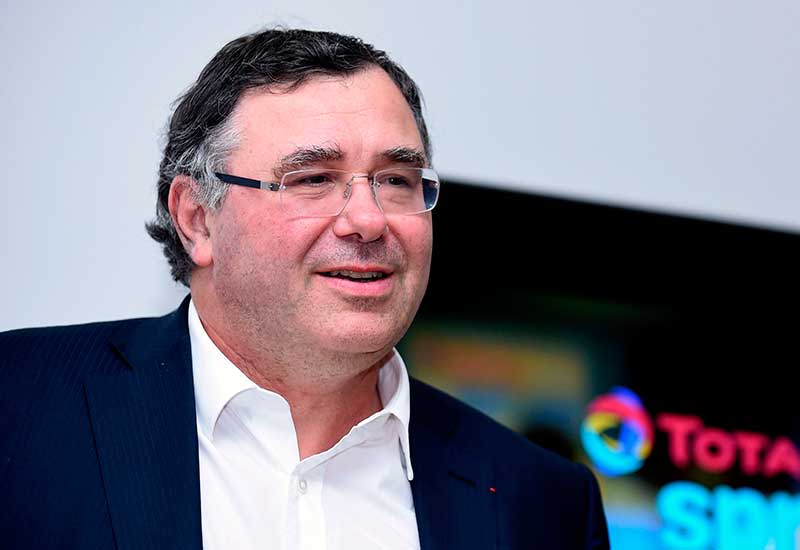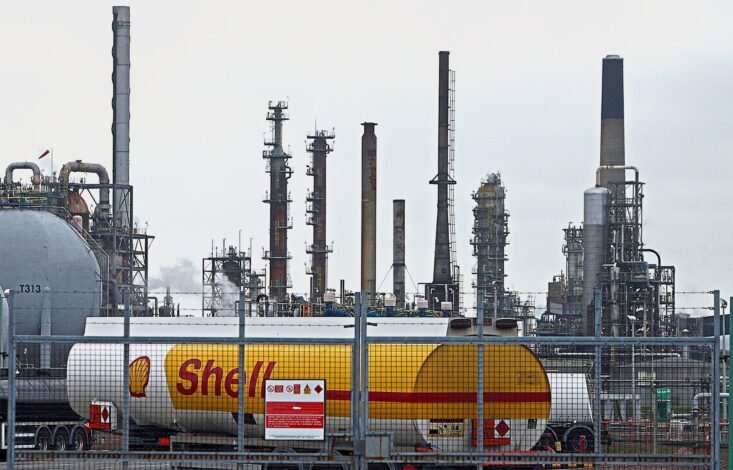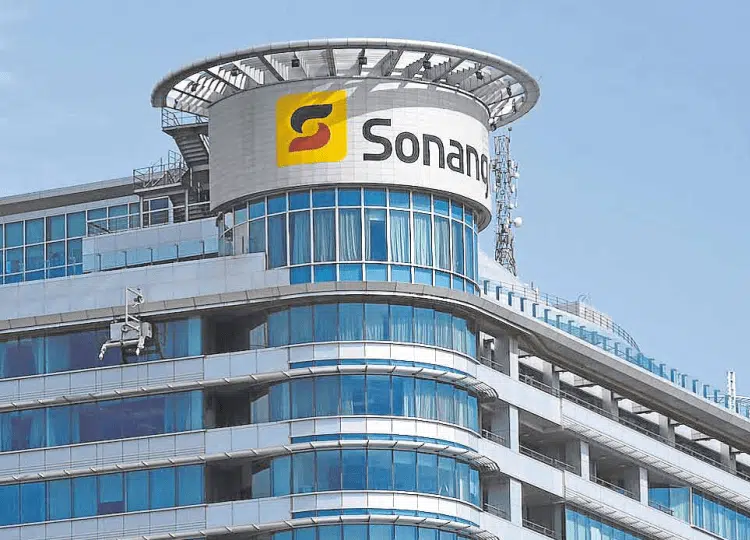French oil giant TotalEnergies has suffered a major setback in its efforts to divest mature onshore assets in Nigeria, after regulators announced the collapse of its $860 million deal with Chappal Energies.
The transaction, which involved the sale of TotalEnergies’ 10% stake in Shell Petroleum Development Company of Nigeria Limited (SPDC), was first agreed in July 2024.
It formed part of a broader strategy by international oil majors to exit aging, environmentally challenging operations in the Niger Delta.
However, the Nigerian Upstream Petroleum Regulatory Commission (NUPRC) confirmed on Tuesday that the deal has been cancelled due to unmet financial obligations by both parties.
“The ministerial consent was accompanied by certain financial obligations to the Nigerian people with strict deadlines.
“However, both parties failed to meet their financial commitments after repeated extensions, forcing the commission to cancel the deal,” said NUPRC spokesperson Eniola Akinkuoto.
Regulatory approval had initially been granted in October 2024, but sources close to the negotiations revealed that Mauritius-based Chappal Energies (partly owned by Aradel Holdings) was unable to raise the required funds.
Consequently, TotalEnergies did not fulfill its obligations to pay regulatory fees or allocate funds for environmental rehabilitation and future liabilities.
Although neither Chappal Energies nor TotalEnergies have responded to requests for comment on the matter, the failed sale leaves TotalEnergies holding its stake in SPDC.
What you should know
Until its recent sale, SPDC was the largest subsidiary of Shell in Nigeria and was responsible for the country’s first commercial oil exports in 1958.
The onshore business had suffered operational challenges including hundreds of oil spills attributed to theft, sabotage and aging infrastructure.
These issues have led to significant repair costs and reputational concerns for both Shell and TotalEnergies.
The Renaissance consortium would later acquire Shell’s entire onshore business in Nigeria for a total consideration of $2.4 billion, granting it access to the British energy giant’s 30% in the asset.
However, this setback is likely to complicate TotalEnergies’ broader divestment strategy, which aims to reduce exposure to high-risk assets and channel capital toward cleaner energy projects and debt reduction.
Industry analysts say the collapse of the deal could have ripple effects across Nigeria’s upstream sector, where regulatory hurdles and financing constraints continue to challenge asset transfers.
Recall, TotalEnergies had also in May revealed plans to divest its remaining non-operaed 12.5% in the Bonga field to Shell for $510 million, but it is not yet clear if the deal was approved by NUPRC.







